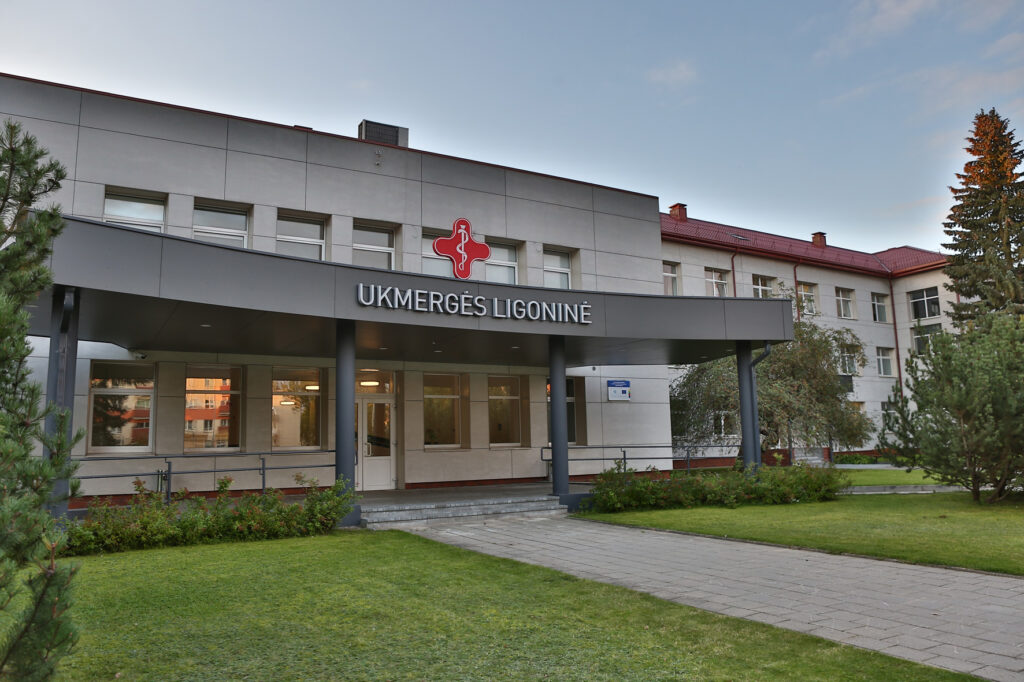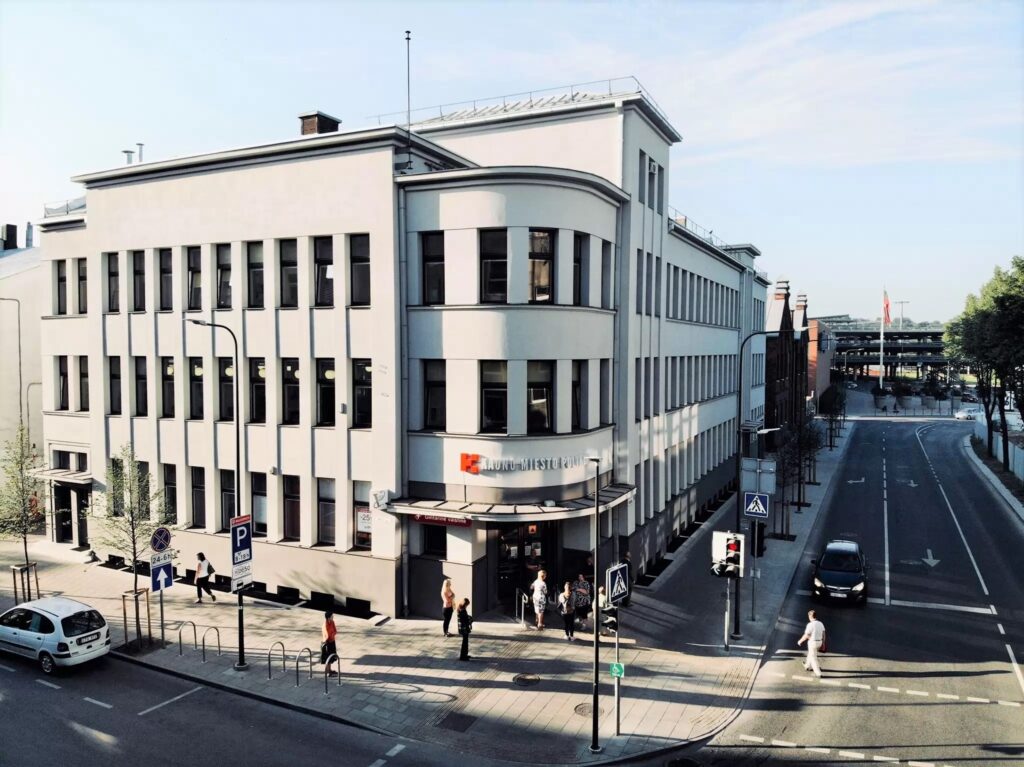5 Things To Know About Lithuania’s Healthcare System

Moving to a new country might be very stressful and hectic at times. You need to secure a place to live while also preoccupied with a new job or the beginning of your studies. Yes, the number of things you need to learn might seem overwhelming! However, health is your most important possession, so let’s get acquainted with Lithuania’s health system.
#1. In many cases, medicine in Lithuania is ‘free’
Lithuania has a universal healthcare system. This means that the most common method of healthcare is publicly funded. While it’s technically not free since you’re paying for it in the form of taxes and health insurance payments, you won’t get a big and expensive bill if you find yourself in a bad accident and need to go to the hospital unexpectedly.
And so to use the advantages of socialized healthcare, you have to do your part first. In order to get the most out of Lithuania’s medical services you have to have mandatory health insurance (in Lithuanian, this is known as PSD).
If you have a work contract and a proper employer doing things ‘by-the-book’, then you should be covered. Your employer should be paying your health insurance payments for you, through your employment with the company.

However, if you are unemployed or work as a freelancer with an individual activity certificate (in Lithuanian – individualios veiklos pažyma), you must pay PSD yourself through the government institution known as Sodra (click here for more information). The minimum amount you have to pay will change every year, so remember to check it annually!
#2: A family doctor is the first doctor
If a NON-urgent health issue arises, the first doctor you should see is your family doctor.
Your family doctor might perform some tests, prescribe you a treatment or refer you to a specialist, depending on what the case is. Visiting your family doctor will allow you to avoid unexpected expenses when going to ER with no indications, or registering for a specialist without a referral.

#3: In Lithuania, you have a right to choose your family doctor
Your doctor doesn’t have to be the one working in the nearest facility to your home. So if you feel that you and your family doctor don’t “speak the same language” just sign on to another doctor or facility.
However, remember that there is a limited time that you can sign up from one clinic to another for free each year.

#4: If you have a health problem that requires a specialist consultation, first get a referral from your family doctor
Well, do this if you want your consultation to be free!
There are a few things you need to know about referrals:
- Your referral is valid for 60 days. This means that you have 2 months to register for your appointment with a specialist.
- You can also choose the facility you want to get your consultation at. This doesn’t have to be the same facility where you got your referral.
- For a consultation to be free, the institution has to have a contract with TLK (teritorinė ligonių kasa – territorial hospital fund; the government).

#5: A referral is not always needed
Every rule has an exception. This includes referrals.
There are few instances where you can see a specialist without a referral from your family doctor.
If you need to see a dermatologist – you do not need to have a referral from your family doctor. However, the clinic that the dermatologist works at, must have a contract with TLK.
Additionally, if you go to the same specialist with the same problem multiple times, or if you have a chronic disease and need follow-ups with a specialist, then a referral from your family doctor is not needed after your first visit.
At the institution you are registered with, you can go to an odontologist (who may ask you to pay for materials used), and a psychologist. Also, urgent/emergency help is free – although this must meet certain criteria to be considered an emeregncy.
Need more information? If you live in Vilnius, we encourage you to schedule a free consultation with a Sodra specialist through International House Vilnius. Since IH Vilnius was setup to assist foreigners with integrating into Lithuanian life, they should have someone that speaks English.



